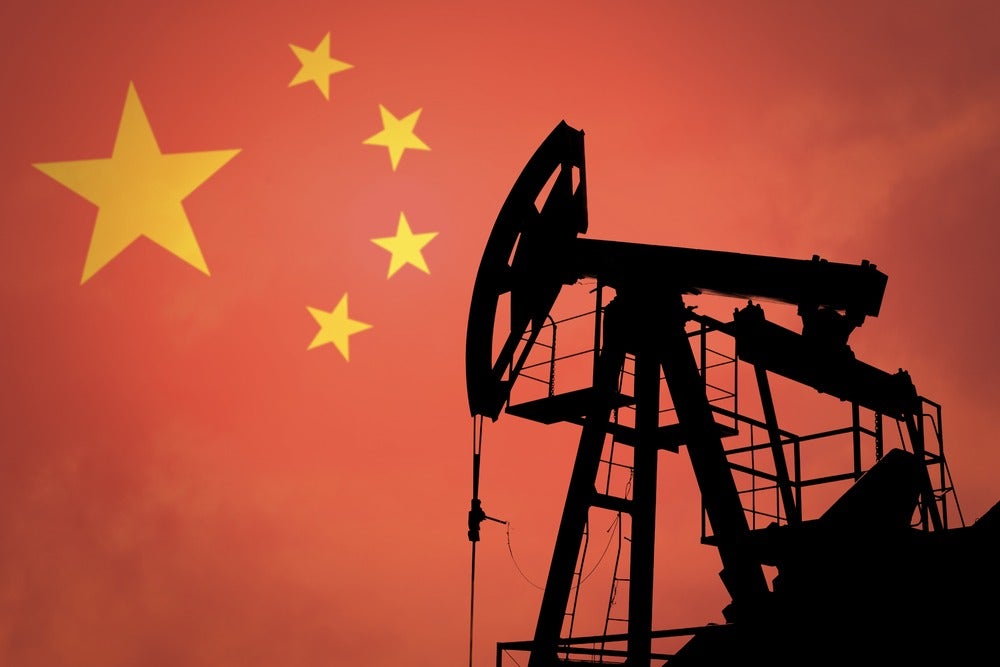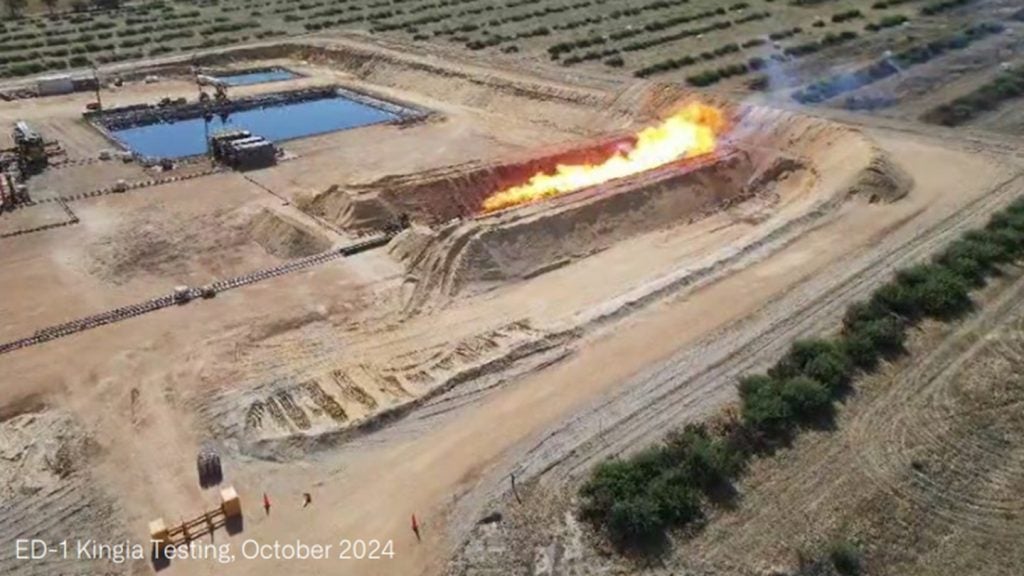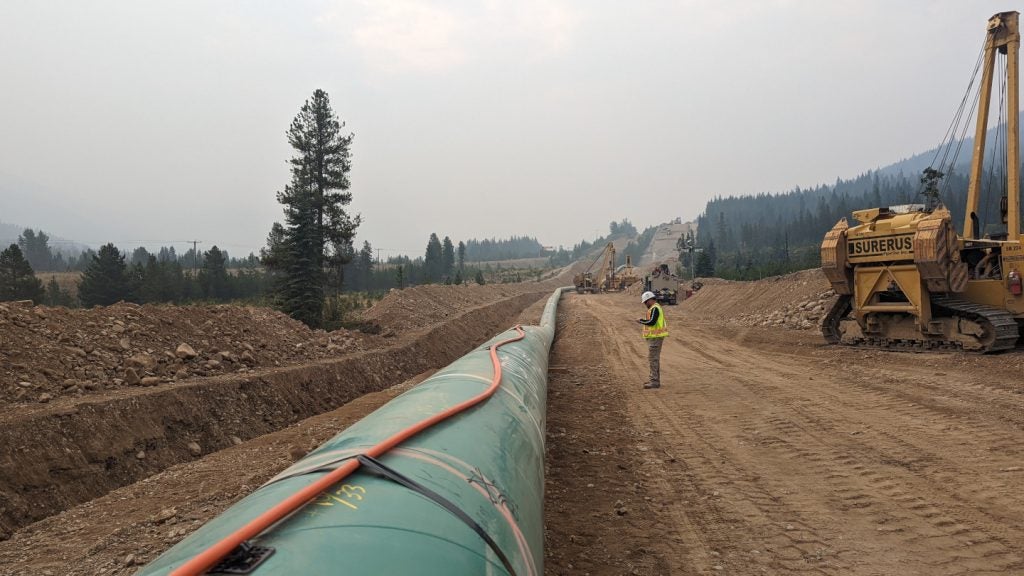The rapid growth in domestic energy consumption has left China increasingly dependent on foreign oil and gas.
GlobalData statistics show that China LNG imports grew 1,331% to 75 million tonnes per year between 2007 and 2017, with dependence on imports standing at 45.3% in 2018.
As the government has pushed companies to improve domestic production rates to meet the rising demand, gas production in China has increased over the past few years, although oil output has remained relatively flat.
However, further investment is required to maintain this push, with gas production forecast to plateau after 2020 and oil production expected to decline under current investment scenarios.
China domestic oil and gas production

Source: Upstream Analytics, GlobalData Oil and Gas
How well do you really know your competitors?
Access the most comprehensive Company Profiles on the market, powered by GlobalData. Save hours of research. Gain competitive edge.

Thank you!
Your download email will arrive shortly
Not ready to buy yet? Download a free sample
We are confident about the unique quality of our Company Profiles. However, we want you to make the most beneficial decision for your business, so we offer a free sample that you can download by submitting the below form
By GlobalDataOil and gas sector reform
To improve domestic energy security, the ruling Chinese Communist Party released several directives on deepening reform of the oil and gas industry in 2018, including more joint ventures and cooperation projects, introducing external funding and promoting mixed ownership along the whole industry chain. In particular, it directed Chinese state-owned companies to increase domestic production and reserves.
Historically, foreign companies entering the upstream exploration and development sector in China have needed to sign production-sharing contracts (PSC) with Chinese companies. From 2005, to satiate domestic consumption, the focus of development switched to gas, an area of strength for the China National Petroleum Corporation (CNPC), with which major international oil companies began to cooperate on profitable joint development projects.
Oil and gas upstream joint initiatives
Accordingly, the mainstream cooperating projects shifted from higher profit and lower risk conventional oil, to the other extreme of unconventional gas development.
As a result of these new oil and gas upstream joint development initiatives, opportunities for private and international companies are emerging. The Strategic Cooperation Agreements that the China National Offshore Oil Corporation (CNOOC) is signing is different from the traditional PSC.
They will allow the participants to farm in at any time from exploration to development, as well as choose the scale of cooperation. If the participant chooses to farm in from the middle or late stage of field exploration and development, it needs to compensate the entity that had previously invested and, in accordance with the contract, realise the balance between the operator and the later operator. This is a new and flexible method of jointly developing oil and gas fields.
At the same time, external funding and advanced technology will benefit the continuing development of China’s upstream exploration and production sector. The directives from the government and early efforts from the state-owned companies are positive signs for international investors in the Chinese upstream sector.










Related Company Profiles
CNOOC Ltd
PSC, LLC